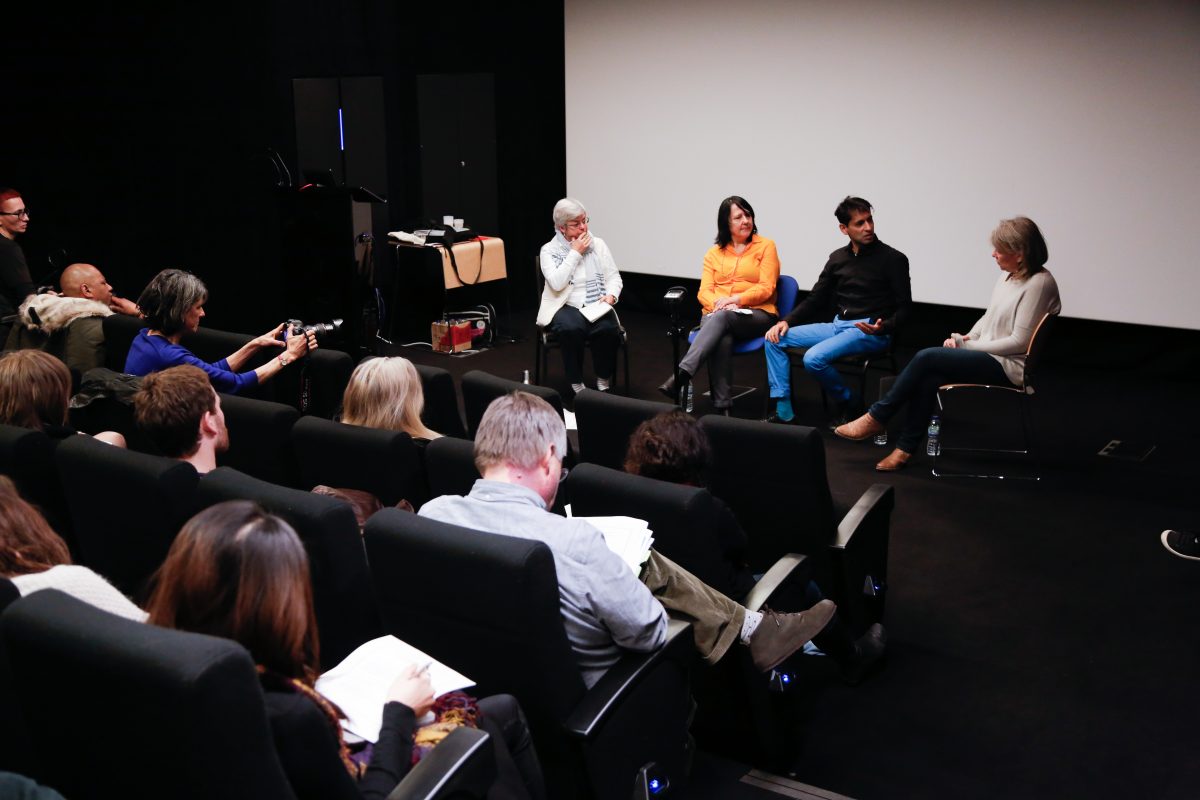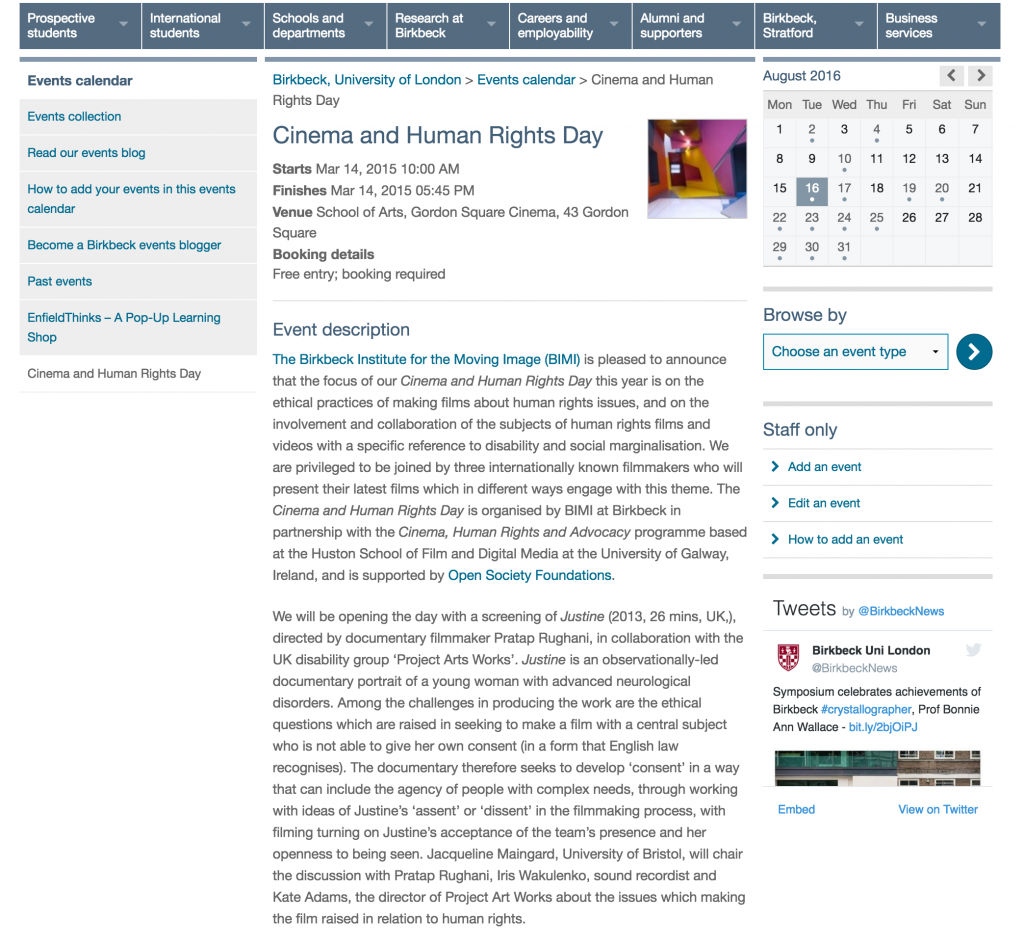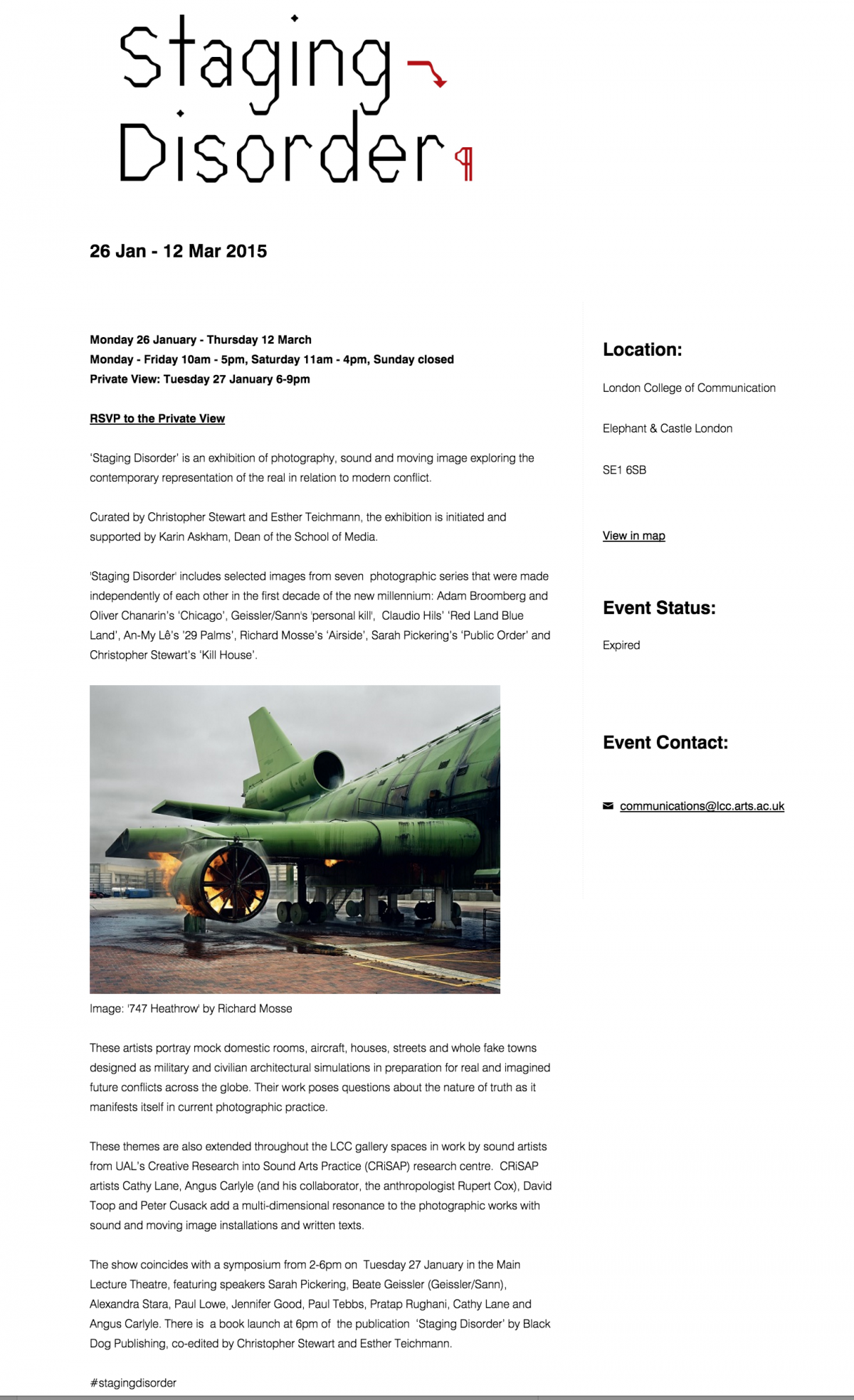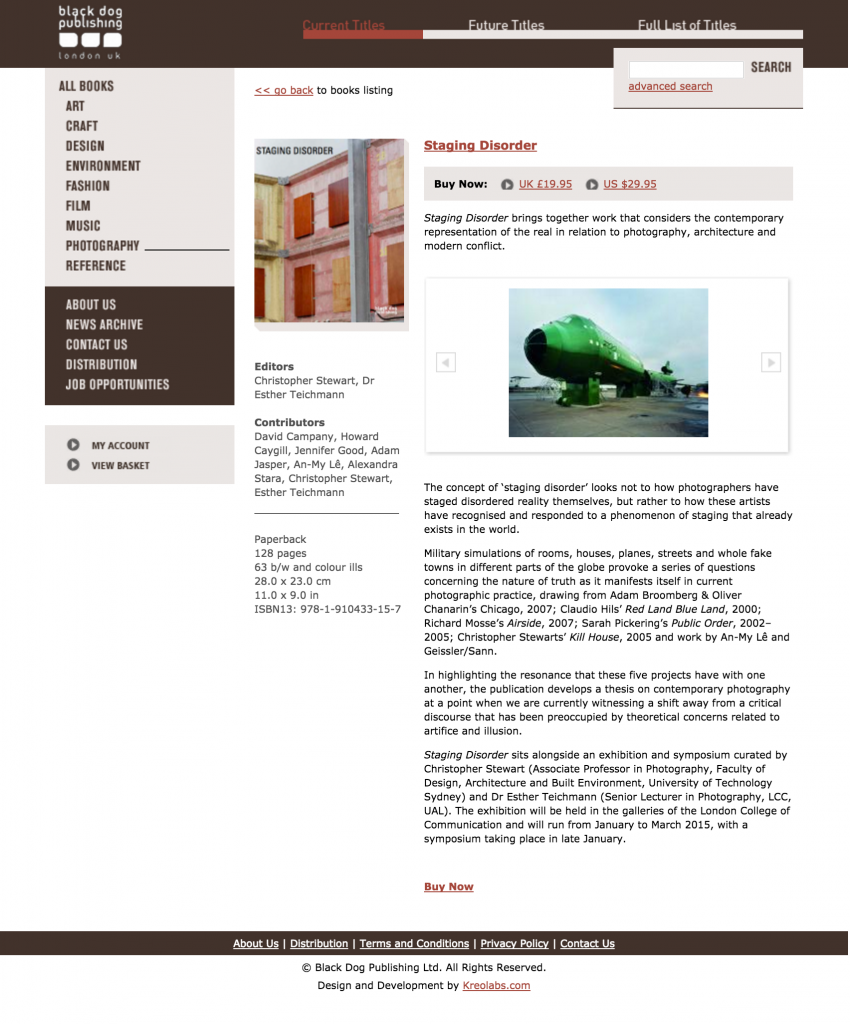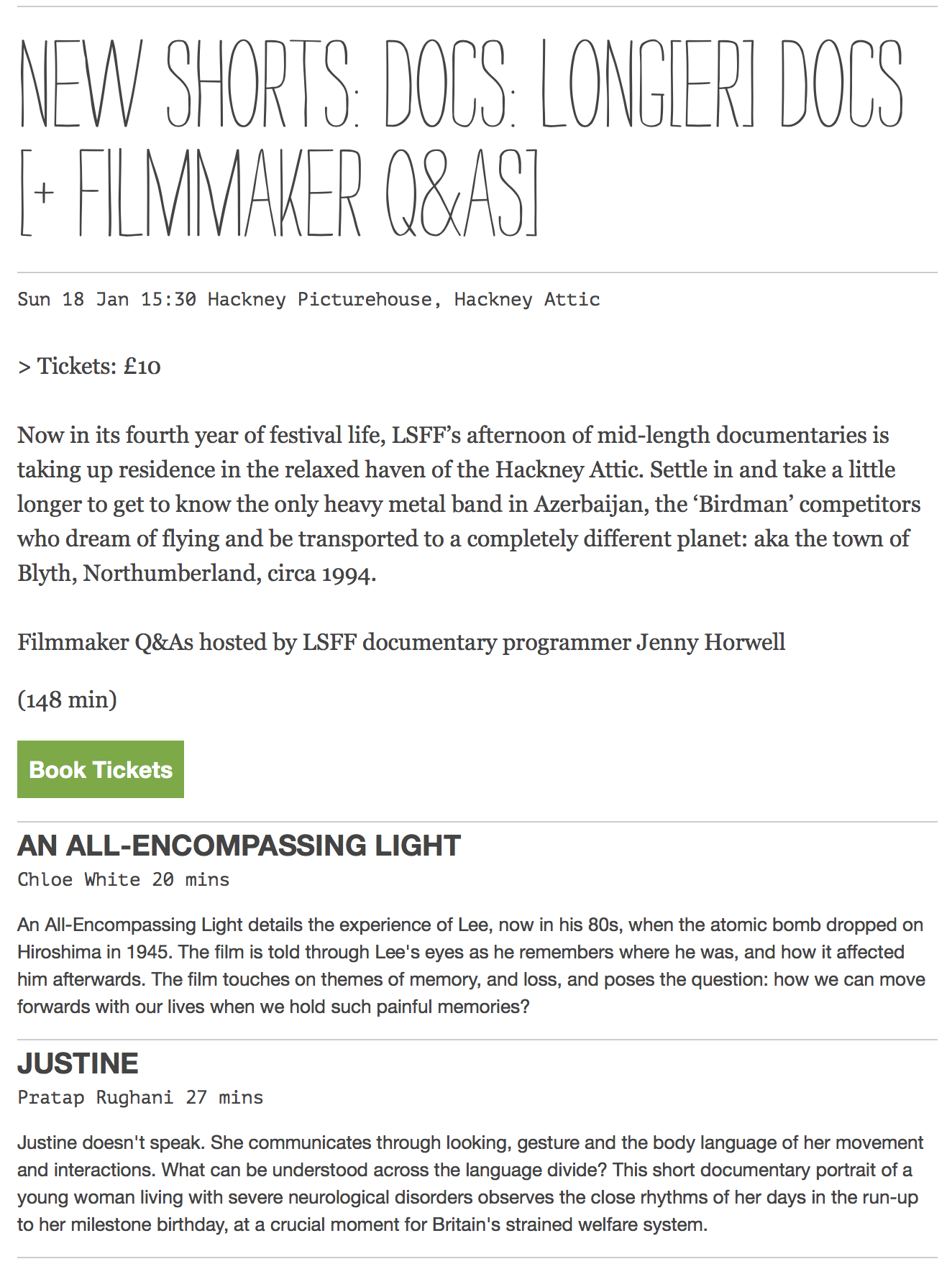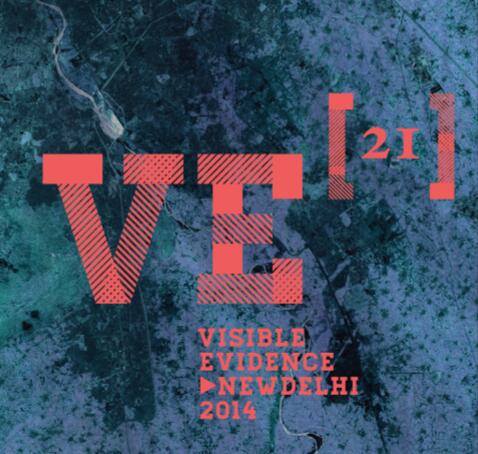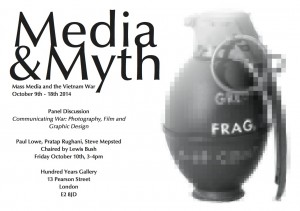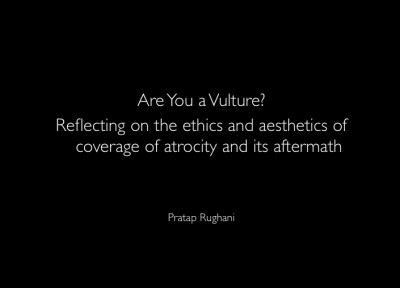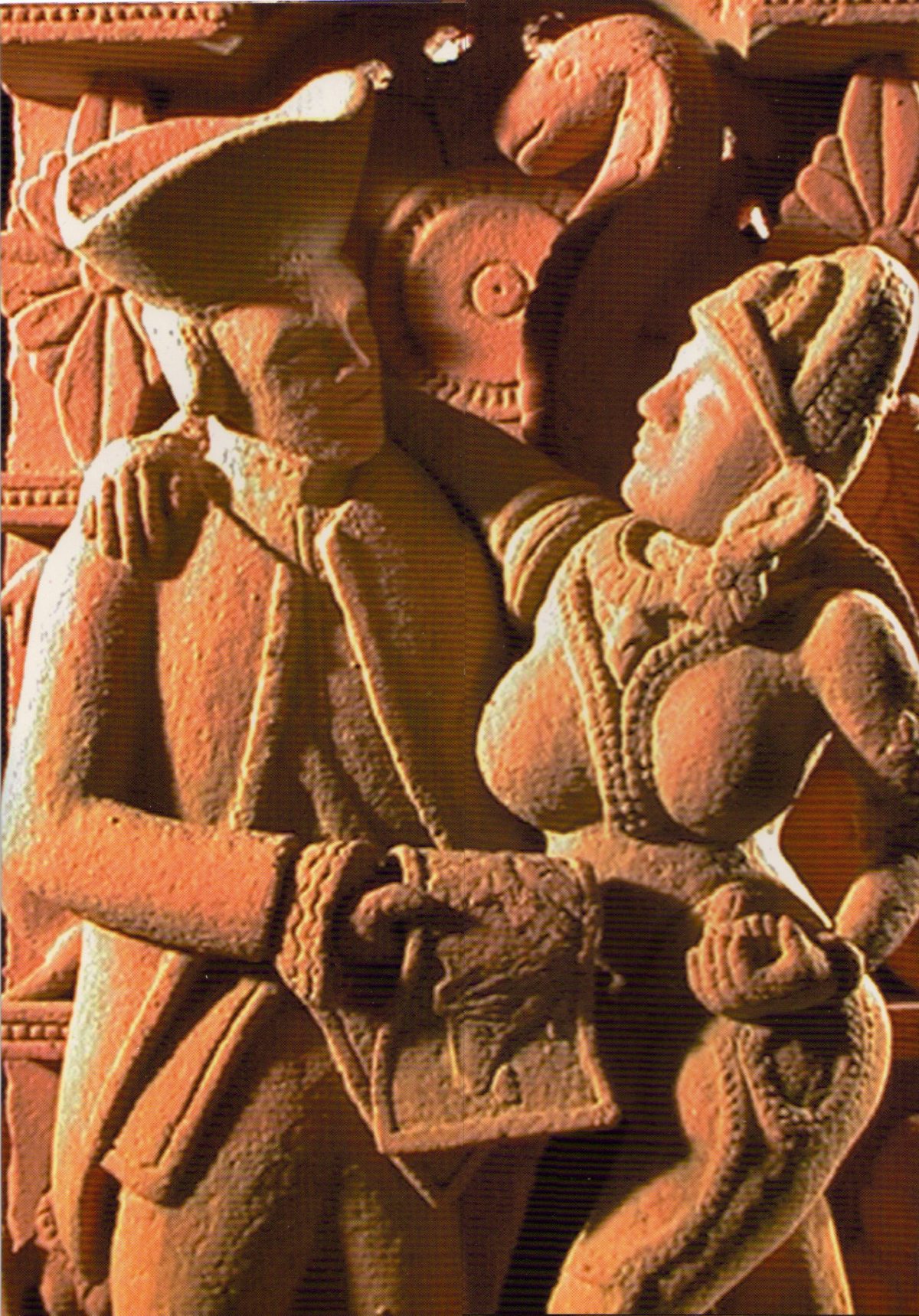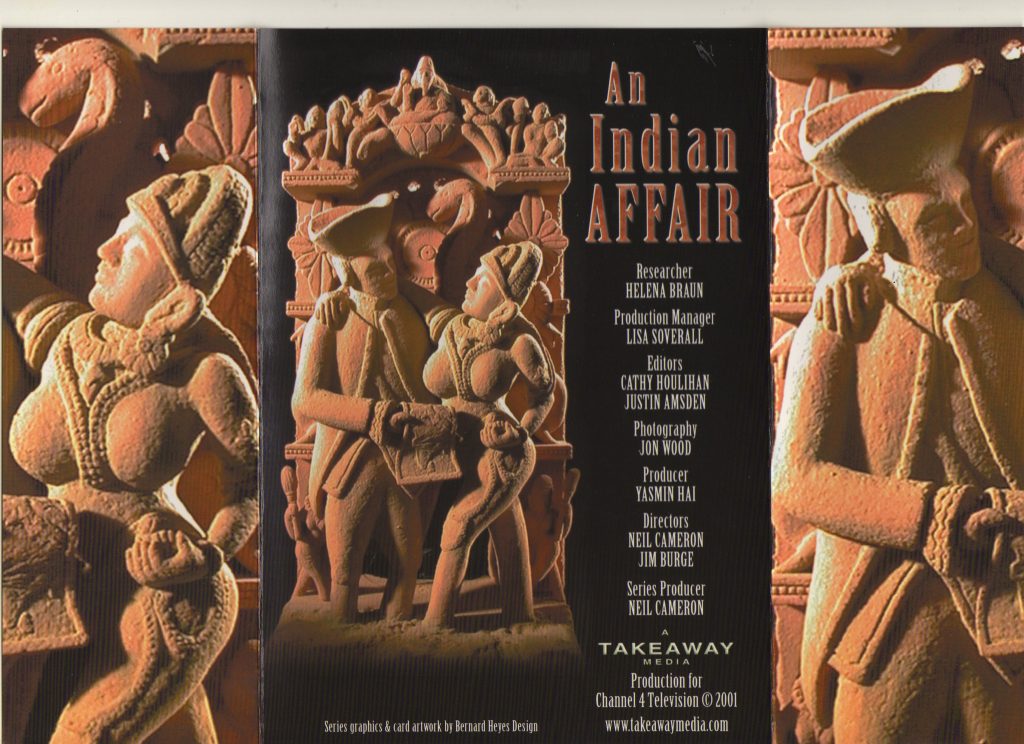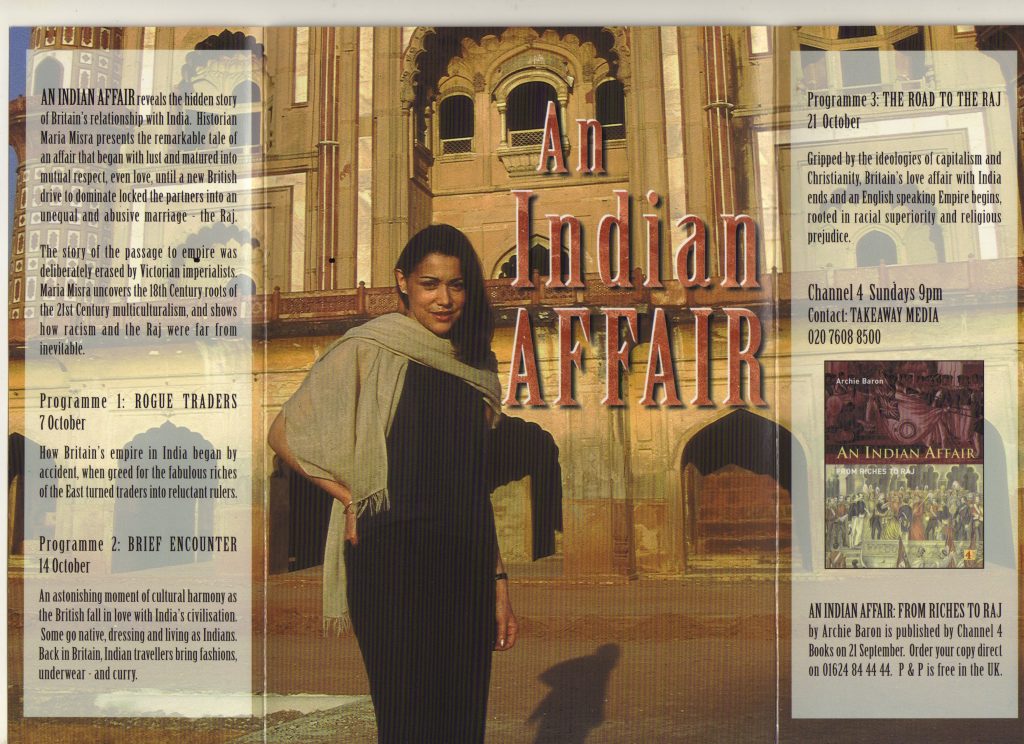Documentary Ethics
The images in this gallery were taken for a photographic essay called ‘Remembering Khairlanji’. They form part of an exploration of documentary ethics discussed in the book chapter, “Are you a vulture? Reflecting on the ethics and aesthetics of coverage of atrocity and its aftermath” in “Journalism, War and Conflict Resolution” ed. R. Keeble, J.Tulloch & F. Zollmann, Foreword by John Pilger. Peter Lang (2010)
Download book chapter here
Buy the book here
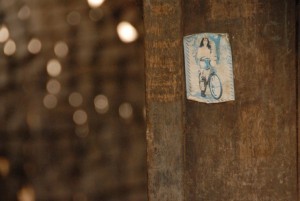
Chapter Abstract
“This chapter is framed by a sequence of documentary still images raising practice-based research questions about the nature of photographic representation of atrocity. Photographs are accompanied by practitioner reflections following a photographic essay responding to a series of caste-based murders in Khairlanji village, Maharashtra, central India.
The images throw up reflections on ethical and aesthetic choices in how to document atrocity. In addition to the shock of these events, I was stimulated (and humbled) in this work by reflecting on Susan Sontag’s critique of Holocaust photography as in general (to paraphrase) “re-victimising the victim.” What is the tension between striving to convey the full weight of and horror of such atrocities and the risk of cheapening (or worse) these events, at a time when some regard much contemporary media as already too sanitized. Are images of suffering, war and atrocity necessarily exploitative or are we coddled – protecting ourselves from fuller engagement with such realities? In the light of this, what might ‘ethical’ coverage look like?”
CAUTION: You may prefer not to look at the following slides of the murdered Bhotmange family.
They are included to help contextualise reflections on ethical questions that follow.
Photo Essay – Remembering Khairlanji
